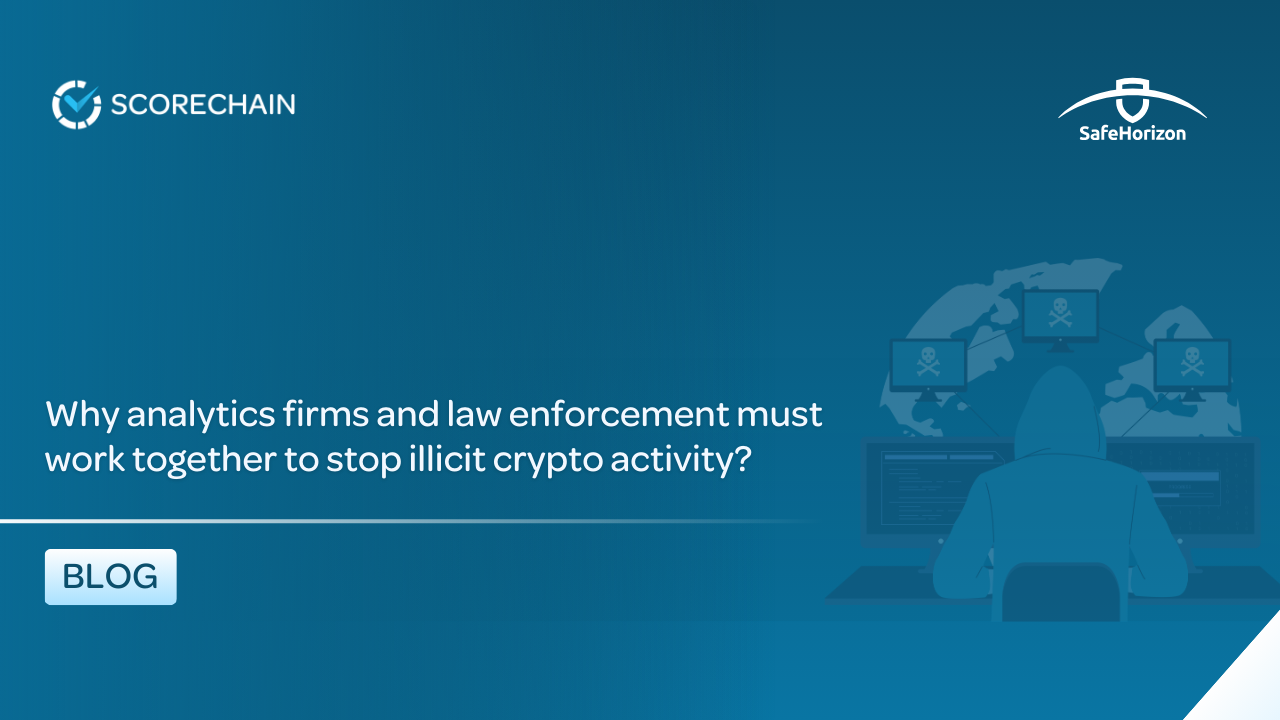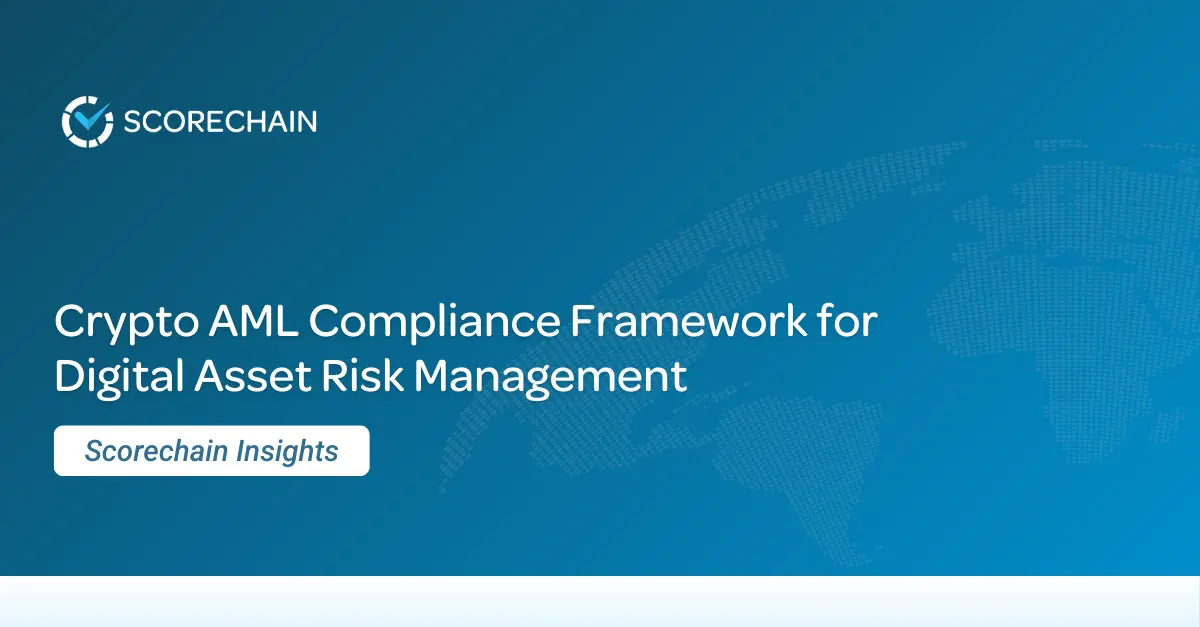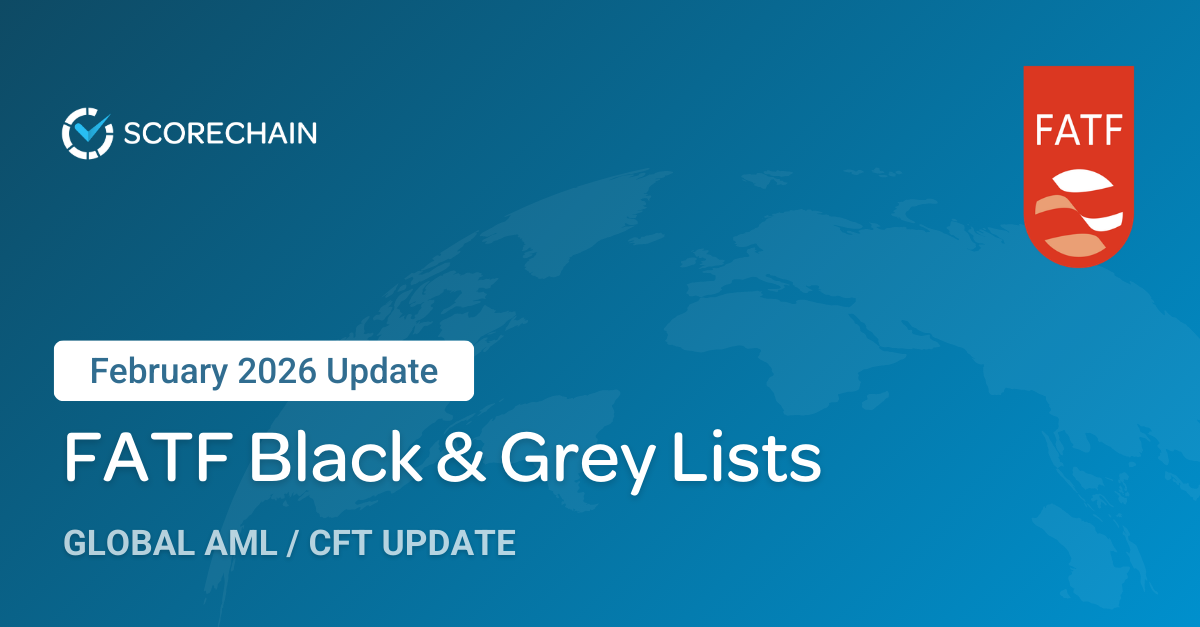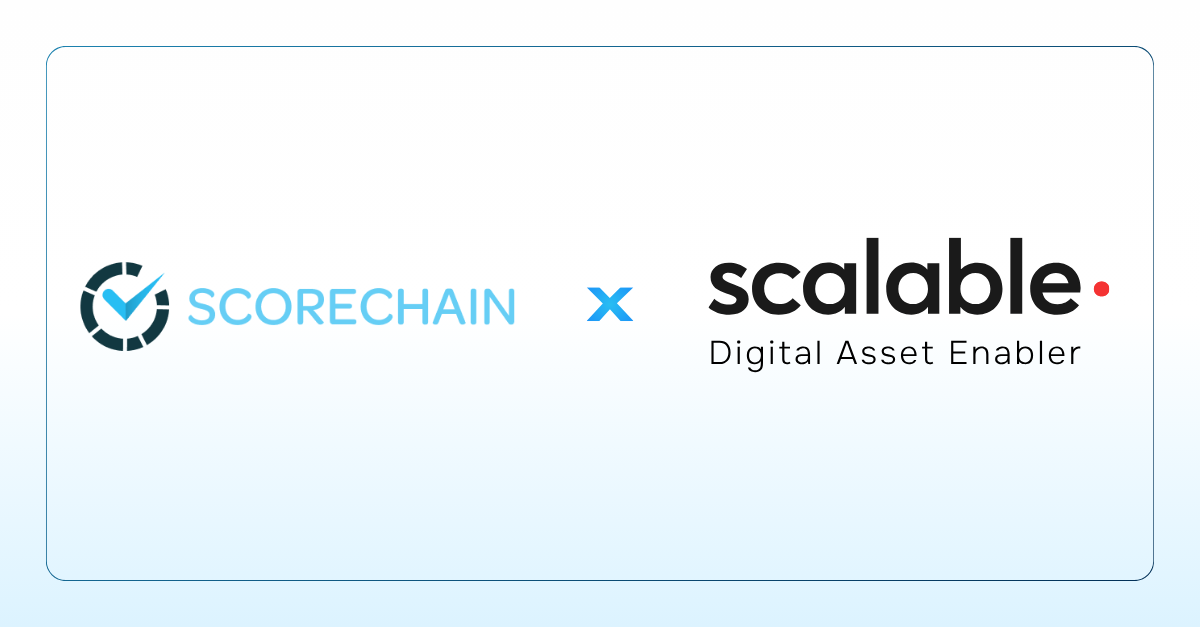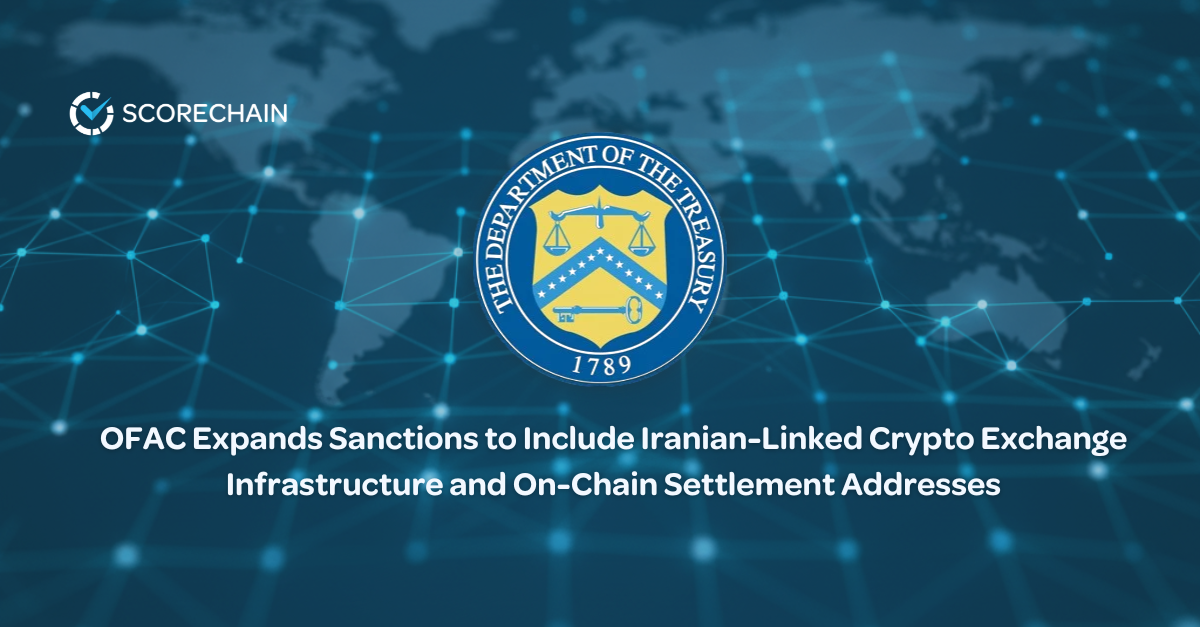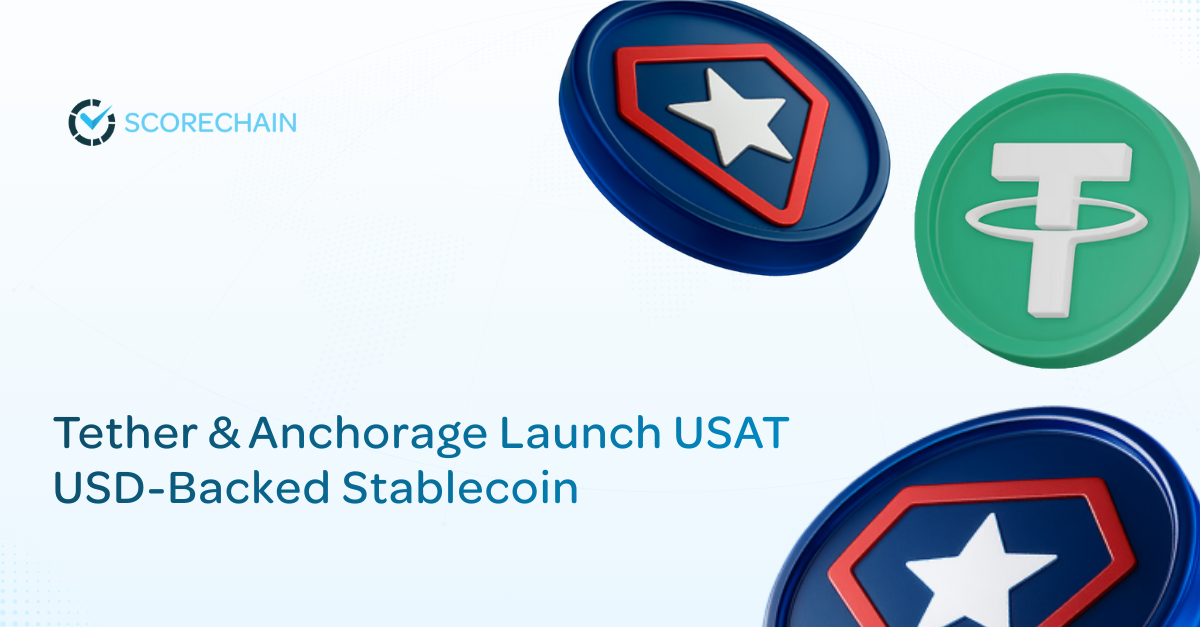The last few weeks have been rich in cryptocurrency regulation updates. Cryptocurrency regulations are rapidly evolving. It is vital for VASPs and companies looking to onboard cryptocurrencies to stay ahead of regulatory updates. Here are the latest key takeaways on regulatory matters.
An additional wave of sanctions against Russia
Worldwide governments have been swift to impose sanctions on Russia after it started invading Ukraine. More and more countries are implementing additional measures to further sanction which include crypto-assets to prevent sanction evasion.
Last week, the Financial Crimes Enforcement Network (FinCEN) in the US issued an alert providing red flags for possible sanction evasion attempts. This alert is including cryptocurrencies and ransomware funds. (Read more: Ensuring compliance with sanctions against Russia)
Last week also, the EU announced tightening sanctions against Russia, sanctioning 160 additional individuals, the Belarus banking sector, and exportations of maritime navigation technology to Russia. It also announced adding cryptocurrencies to these sanction measures.
On March 11, UK’s Financial Regulatory Services, including the FCA, issued a joint statement for financial services, including crypto services. It reminds them that they should comply with the economic sanctions against Russia and Belarus” imposed on February 24.
Concerning crypto-assets, the joint statement reads that compliance teams should ensure that they understand how to use blockchain analytics solutions capabilities to identify transactions linked to higher-risk wallets. The statement additionally provides red flags that potentially indicate sanction evasion. For instance, red flags are transactions related to sanctioned entities and wallets or to high-risk crypto exchanges.
This shows the importance of using blockchain analytics tools to monitor crypto transactions and risks related to crypto-assets. Such tools help companies ensure compliance with crypto anti-money laundering and combatting the financing of terrorism (AML/CFT) and sanction measures.
Latest cryptocurrency regulation updates around the world
In Europe: MiCA and AML/CFT regulation updates
A few weeks ago a proposition to effectively ban cryptocurrencies relying on proof-of-work (PoW) mining consensus has been deleted from the draft MiCA (Markets in Crypto-Assets) regulation after the cryptocurrency community’s strong reaction. However, a similar proposition, proposing to ban unsustainable cryptocurrencies, has been added to the draft last Friday, just days before the voting session.
These two proposals thus raised concerns from the cryptocurrency community. Indeed, this could have implied a ban of major cryptocurrencies with PoW consensus like Bitcoin in the EU. On Monday, the Economic and Monetary Affairs (ECON) Committee has voted against the proposal (31 to 4 with 23 abstentions).
Yesterday, Ukraine’s Ministry of Digital Transformation announced that the President signed a law regulating cryptocurrencies. Ukraine's Parliament has adopted the text called “Law on Virtual Assets” back in February. The law is regulating the crypto market in the country and establishes the following:
- determines the legal status, classification and ownership of virtual assets (VAs);
- Appoints the National Bank of Ukraine and the National Commission on Securities and Stock Market as the market regulators;
- creates conditions for further formation of the legal field in the market of VAs;
- determines the list of providers of VAs and conditions of their registration;
- provides for the implementation of financial monitoring measures in the field of VAs.
More specifically, The National Commission on Securities and Stock Market will be responsible for implementing VA policies, determining the order of VAs turnover, licensing, and supervising the market.
Crypto-assets are an important tool for Ukrainian fundraising efforts in the conflict with Russia. Indeed, the government and NGOs have raised millions in cryptocurrencies. On Monday, the government also announced opening a donation website with FTX, Kuna, and Everstake.
Besides, In Estonia, VASPs have until Friday, March 18, to comply with stricter AML/CFT rules. Indeed, in December 2021, the Estonian government approved a draft regulation that is tightening AML/CFT and licensing requirements for VASPs in the country.
Updates from the Middle East: Dubai impelments VA regulation, Israel drafts cryptocurrency AML/CFT
On March 10, the Bank of Israel published a draft regulation for banks providing crypto-to-fiat services. It would require banks to:
- “Conduct a risk assessment and set out policy and procedures for the transfer of money that originates in or is destined for virtual currencies, taking a risk-based approach and identifying the virtual currency service provider.
- Clarify the source of the money used in the purchase of the virtual currency and the path through which the virtual currency passed from the time of its purchase until its conversion to fiat currency and deposit into an account with the banking corporation.”
The draft bill is open to the public. A final guideline will be proposed after reviewing comments from the Advisory Council on Banking Matters and from the public.
In Dubai, the Dubai Virtual Asset Regulation Law has been approved on March 9. It establishes an “advanced legal framework to protect investors and designing much-warranted international standards for VA industry governance that will promote responsible business growth, under prudential regulations”.
The law also established the Dubai Virtual Assets Regulatory Authority (VARA) which will overview the trading and issuing of VAs and tokens and supervise the registration and licensing of VASPs. Businesses providing the following services are subject to the licensing requirement:
- “Operating and managing virtual assets platforms services;
- Exchange services between VAs and currencies, whether national or foreign;
- Exchange services between one or more forms of VAs;
- VAs transfer services;
- VAs custody and management services;
- Services related to the VAs portfolio;
- Services related to the offering and trading of virtual tokens”.
Up until now, FTX Europe and Binance exchange platforms already announced having secured a license from the Authority in Dubai.
Besides, the Dubai International Financial Centre (DIFC), the regulator in UAE’s Special Economic Zone published a consultation paper proposing a regulation for crypto tokens. The proposed framework would cover crypto tokens only and not investment tokens and prohibit privacy and algorithmic tokens. However, NFTs, utility tokens, and central bank digital currencies (CBDCs) are not included in the proposed framework. Stakeholders have until May 6 to give their feedback on the matter
In the US: Biden's Executive Order laying out national cryptocurrency regulation
Last week, the White House announced that President Joe Biden signed the long-awaited Executive Order (EO) on digital assets which has been welcomed by the industry. The EO outlines the first-ever, whole-of-government approach to addressing the risks and harnessing the potential benefits of digital assets and their underlying technology. It introduces a national policy for digital assets in six key objectives:
- Protection of consumers, investors, and businesses in the US;
- Protection of the US and the global financial stability and mitigation of systemic risk;
- Mitigation of illicit finance and national security risks;
- Reinforcement of the US leadership in the global financial system;
- Promotion of access to safe and affordable financial services;
- Support of technological advances promoting responsible development and use of digital assets.
Read Executive Order on Ensuring Responsible Development of Digital Assets here.
Ensuring compliance with cryptocurrency regulation updates
As the global adoption of cryptocurrencies is significantly growing, worldwide governments are implementing more and more AML/CFT regulations for the industry.
Companies dealing with cryptocurrencies or looking to onboard should stay ahead of cryptocurrency regulation updates. Indeed, it is vital to do so to ensure full compliance with every requirement applicable within their jurisdiction. Do you need help to implement AML/CFT and transactions monitoring policies? Don’t hesitate to contact us to discuss your compliance issues.
About Scorechain
Scorechain is a Risk-AML software provider for cryptocurrencies and digital assets. As a leader in crypto compliance, the Luxembourgish company has helped more than 200 customers in 45+ countries since 2015, ranging from cryptocurrency businesses to financial institutions with crypto trading, custody branch, digital assets, customers onboarding, audit and law firms, and some LEAs.
Scorechain solution supports Bitcoin analytics with Lightning Network detection, Ethereum analytics with all ERC20 tokens and stablecoins, Litecoin, Bitcoin Cash, Dash, XRP Ledger, Tezos, Tron with TRC10 and TRC20 tokens, and BSC with BEP20 tokens. The software can de-anonymize the Blockchain data and connect with sanction lists to provide risk scoring on digital assets, transactions, addresses, and entities. The risk assessment methodology applied by Scorechain has been verified and can be fully customizable to fit all jurisdictions. 300+ risk-AML scenarios are provided to its customers with a wide range of risk indicators so businesses under the scope of the crypto regulation can report suspicious activity to authorities with enhanced due diligence.
.png)

